OpenAI lança o1-preview: um novo nível de modelos de raciocínio para resolver problemas difíceis

A OpenAI tem o prazer de anunciar o lançamento da série de modelos de inteligência artificial o1-preview, projetados para abordar problemas complexos, dedicando mais tempo para pensar antes de responder. Esses modelos podem raciocinar sobre tarefas desafiadoras e resolver problemas mais difíceis em ciência, programação e matemática do que os modelos anteriores.
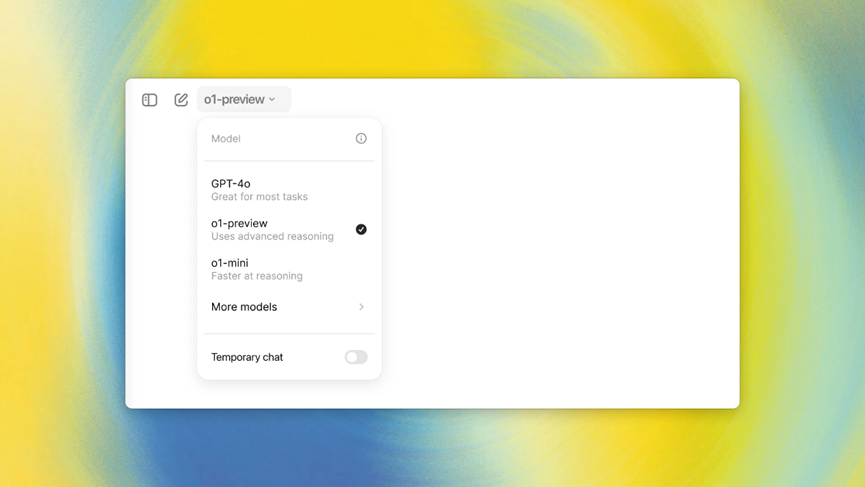
Recursos e aplicações do novo modelo
Os modelos o1-preview são projetados para gastar mais tempo pensando sobre os problemas antes de responder, como faria um humano. Eles podem refinar seus processos de pensamento, experimentar diferentes estratégias e reconhecer erros através de um aprendizado extensivo. Hoje marca o lançamento do primeiro modelo dessa série, com atualizações e melhorias regulares previstas para o futuro.
Como o modelo funciona
A equipe da OpenAI treinou esses modelos para aprimorar suas habilidades de resolução de problemas, dedicando mais tempo para refinar suas respostas. Nos testes, a próxima atualização do modelo mostrou desempenhos comparáveis aos de estudantes de doutorado em tarefas exigentes de referência em física, química e biologia. Notavelmente, o modelo se destacou em matemática e programação, resolvendo 83% dos problemas da Olimpíada Internacional de Matemática (IMO) e alcançando o percentil 89 nas competições de programação do Codeforces. [ Video Game Coding with OpenAI o1]
Limitações de recursos
Atualmente, o modelo inicial carece de vários recursos que tornam o ChatGPT útil, como navegação na web para obter informações e upload de arquivos ou imagens. No entanto, para tarefas de raciocínio complexas, a série OpenAI o1 representa um avanço significativo nas capacidades da IA.
Segurança
Para garantir a segurança e alinhamento desses modelos de raciocínio avançados, a OpenAI implementou uma nova abordagem de treinamento de segurança. Essa abordagem permite que os modelos raciocinem e sigam diretrizes de segurança de maneira mais eficaz. Em um teste desafiador de "jailbreaking" (quebra de segurança), o modelo o1-preview obteve uma pontuação de 84 (em uma escala de 0 a 100), comparado à pontuação de 22 do GPT-4o. Mais detalhes podem ser encontrados na ficha técnica do sistema e no post de pesquisa da OpenAI.
Para coincidir com as novas capacidades desses modelos, a OpenAI fortaleceu sua governança interna e a colaboração com entidades federais. Isso inclui testes e avaliações rigorosos usando o Framework de Preparação, as melhores equipes de testes de invasão e processos de revisão ao nível do conselho, monitorados pelo Comitê de Segurança e Proteção.
A OpenAI também formalizou acordos com os Institutos de Segurança de IA dos EUA e do Reino Unido, oferecendo-lhes acesso antecipado a uma versão de pesquisa desse modelo. Essas parcerias estabelecem um processo de pesquisa, avaliação e testes de futuros modelos antes e depois do lançamento público.
Público-alvo
As capacidades de raciocínio aprimoradas dos modelos OpenAI o1 são particularmente benéficas para aqueles que abordam problemas complexos em campos como ciência, programação e matemática. Por exemplo, pesquisadores em saúde podem usar esses modelos para anotar dados de sequenciamento de células, físicos podem gerar fórmulas matemáticas complexas necessárias para óptica quântica, e desenvolvedores podem construir e executar fluxos de trabalho de múltiplas etapas.
OpenAI o1-mini
A OpenAI também está apresentando o OpenAI o1-mini, um modelo de raciocínio mais rápido e econômico projetado especificamente para programação. O modelo o1-mini é 80% mais barato do que o modelo o1-preview, oferecendo uma solução poderosa e econômica para tarefas que requerem um raciocínio forte, mas não um amplo conhecimento do mundo.
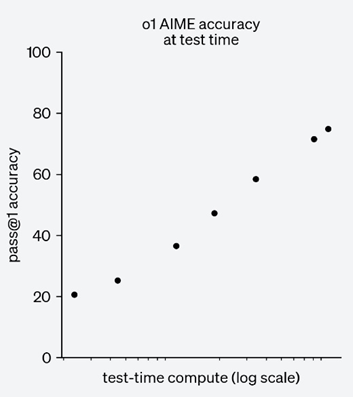
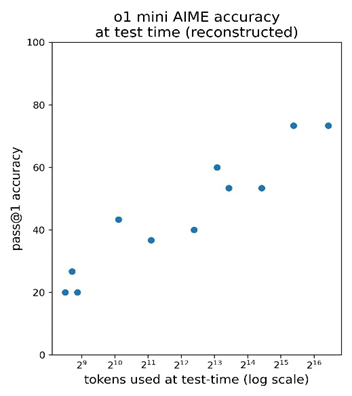
Vantagens do XXAI
O XXAI integra perfeitamente os modelos GPT-4 e Claude3.5 para atender diversos requisitos dos usuários. Por apenas \$9,9 ao mês, os usuários podem aproveitar as capacidades desses dois modelos de ponta, tornando a tecnologia de IA de vanguarda mais acessível e econômica. Se deseja saber mais sobre o desconto, clique aqui!
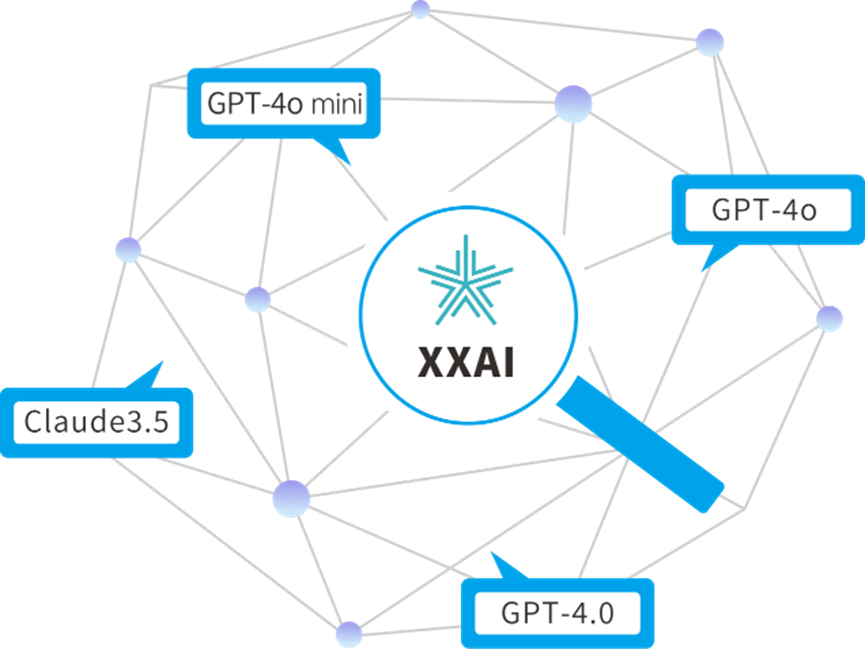
Como usar o OpenAI o1
A partir de hoje, os usuários do ChatGPT Plus e Team podem acessar os modelos o1 no ChatGPT. Tanto o o1-preview quanto o o1-mini podem ser selecionados manualmente no seletor de modelos, com limites iniciais definidos em 30 mensagens por semana para o o1-preview e 50 para o o1-mini. A OpenAI está trabalhando para aumentar esses limites e permitir que o ChatGPT selecione automaticamente o modelo apropriado para cada solicitação.
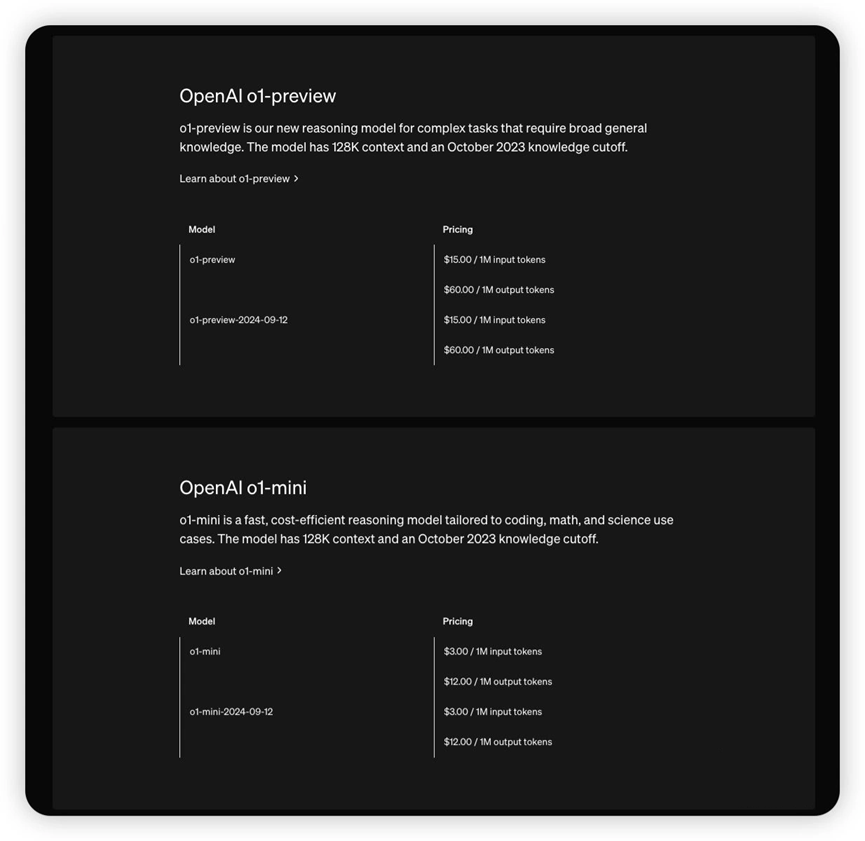
Os usuários do ChatGPT Enterprise e Edu terão acesso a ambos os modelos a partir da próxima semana.
Os desenvolvedores qualificados para o nível 5 de uso da API podem começar a criar protótipos com ambos os modelos hoje com uma taxa limite de 20 RPM. A OpenAI está trabalhando ativamente para aumentar esses limites após testes adicionais. A API desses modelos atualmente não inclui chamadas de função, streaming, suporte para mensagens do sistema e outros recursos. Os desenvolvedores podem consultar a documentação da API para começar.
A OpenAI também planeja disponibilizar o acesso ao o1-mini para todos os usuários gratuitos do ChatGPT em um futuro próximo.
O que vem a seguir?
O lançamento do o1-preview oferece uma prévia antecipada desses modelos de raciocínio no ChatGPT e na API. A OpenAI planeja atualizar continuamente os modelos e adicionar recursos como navegação na web, upload de arquivos e imagens para melhorar sua utilidade. Além disso, o desenvolvimento e lançamento de modelos tanto na série GPT quanto na nova série OpenAI o1 continuarão.
O XXAI também estará atento às atualizações da indústria para oferecer aos usuários a experiência mais inovadora. Não perca essa oportunidade!